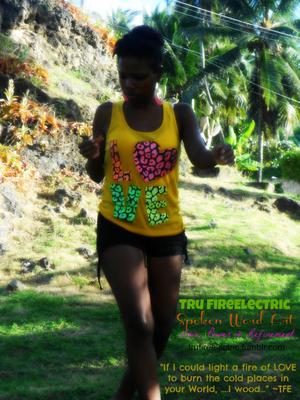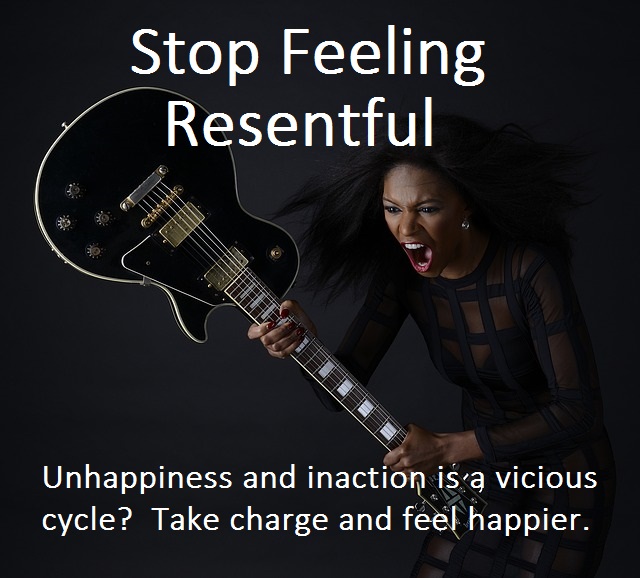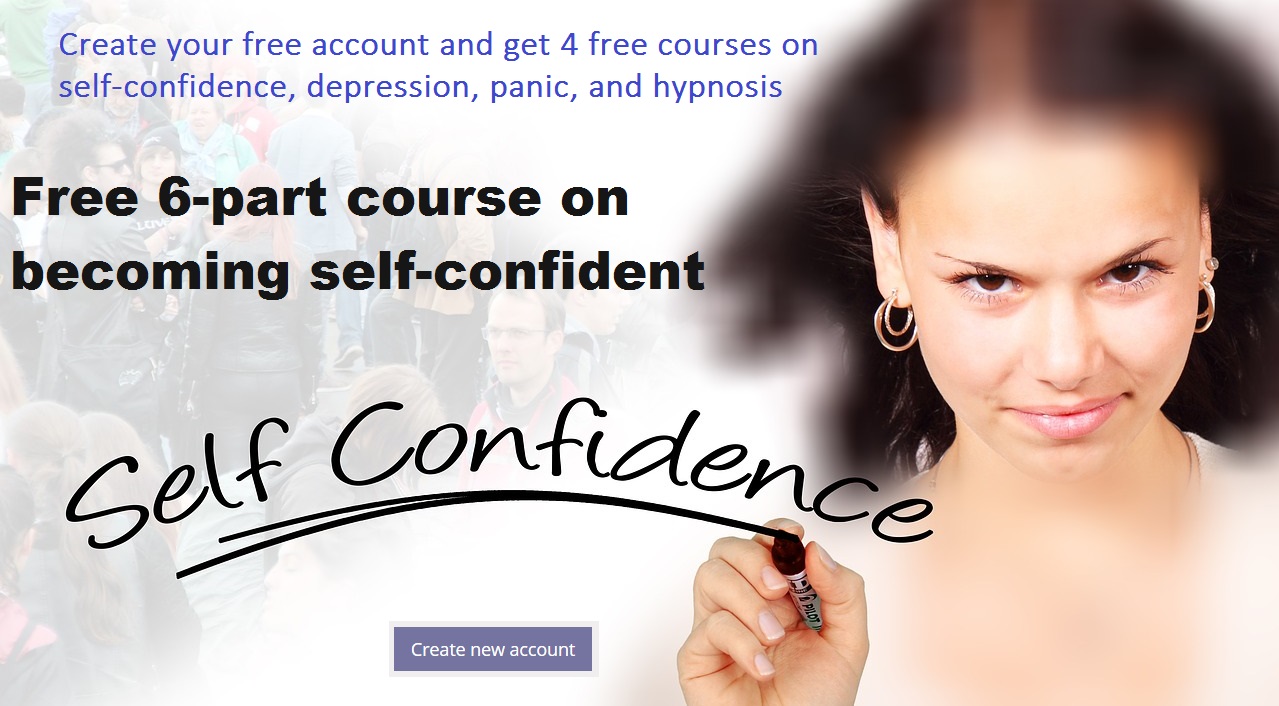Focus Barbados Blog: Trauma Bonding
by Truly Butler
(Bay Area, California)

Trauma Bonding
Bonding is a biological and emotional process that makes people more important to each other over time. Unlike love, trust, or attraction, bonding is not something that can be lost. It is cumulative and only gets greater, never smaller. Bonding grows with spending time together, living together, eating together, making love together, having children together, and being together during stress or difficulty. Bad times bond people as strongly as good times, perhaps more so.
Bonding is in part why it is harder to leave an abusive relationship the longer it continues. Bonding makes it hard to enforce boundaries, because it is much harder to keep away from people to whom we have bonded. In leaving a long relationship, it is not always useful to judge the correctness of the decision by how hard it is, because it will always be hard.
Moreover, experiencing together extreme situations and extreme feelings tends to bond people in a special way.. Trauma bonding, a term developed by Patrick Carnes, is the misuse of fear, excitement, sexual feelings, and sexual physiology to entangle another person. Many primary aggressors tend toward extreme behavior and risk taking, and trauma bonding is a factor in their relationships.
Strangely, growing up in an unsafe home makes later unsafe situations have more holding power. This has a biological basis beyond any cognitive learning. It is trauma in one's history that makes for trauma bonding. Because trauma (and developmental trauma or early relational trauma is epidemic) cause numbing around many aspects of intimacy, traumatized people often respond positively to a dangerous person or situation because it makes them feel. It is neither rational nor irrational. If survivors can come to see that part of the attraction is, while very unwanted, a natural process, they may be able to understand those feelings and manage the situation more intentionally.
An excellent book on the effects of trauma (and repair) is
The Body Keeps the Score: Brain, Mind, and Body in the Healing of TraumaIntense relationships also tend to hijack all of a survivor's relating capacity. It is like a state of being burnt out. First, while it is very easy to become attached to a very chaotic and inconsistent person, it is simply not possible to form a consistent internal object representation (feeling memory) about them. When separated from the intense partner, the urge to make contact is usually intense because it is a stable feeling memory (or internal object) that makes separation from an important other person tolerable in any circumstance.
Second. the survivor can come to find that it can be almost impossible to relate to anyone, even family or old friends, except superficially. There is a biological craving for intensity that no normal relationship will satisfy. This provides a feeling of being totally alone, and totally empty. At first, only going back to the primary aggressor can overcome it. It would be normal in this state to believe that something is horribly wrong with leaving (even if it seems equally true that something is horribly wrong with staying. If it can be understood that abstinence from unnatural intensity will eventually restore normal relating capacity, the period of distress can be better endured.
via www.abuseandrelationships.org
I never knew about the effects of the trauma I was experiencing until now. Just the other day I was writing poetry and making songs about and with him... my abuser, Antonio "Boo" Rudder. We could never stay away from one another too long. It's a disturbing feeling to miss and long for the company of someone who has consistently abused you. But with all things, time heals and the application of knowledge empowers future decisions. I swore that I loved him and that is what I rationalized kept me with him. I remember the first time he choked me only 2 weeks after meeting him and as I lay there on his bed with him on top of me, I didn't struggle, I didn't scream...in a distant reality I saw myself drifting away. It was the beginning of me falling into a deep state of shock that I am now recalling in its familiarity among the memories I have of sitting in corners as a young girl with my hands covering my eyes and ears as I witnessed my mother either being abused or defending herself from a host of male abusers, none of them were my biological father. Her path has crossed with mine. Full circle I've found myself having to dig into my toolbox to break the cycle and move on from my attempts to fix a broken man while at the same time holding my mind, body and heart together.
Our childhoods are a sacred time. A time that passes by so fast. A time for fun and games. A time of preparation for facing the multi-faceted realities of adult life. Childhoods are best survived through the smiles of happy times when we are not burdened down by the depressed states our parents can create as they too navigate the maze of life. Children are the most resilient humans who can bounce back from the depths of despair and grow into the most productive of adults. However, we can never neglect the memories that they/we will carry, some suppressed, some heavy and some fading....but they can never be erased. Focus on creating the most positive experience for y/our child to build their future upon so that he/she always knows that in a cruel world, my guardian cared. When we face hard times as adults many of us return either physically, in thought or in spirit to the places we grew up to recuperate, heal and/or rebuild. Let's UNITE to make our homes safe. #ProtectTheChildren
Forward Ever.
-Tru Focus-
focusbarbados.wordpress.com/2015/04/28/i-know-why-the-caged-bird-sings-a-look-at-trauma-bonding/




